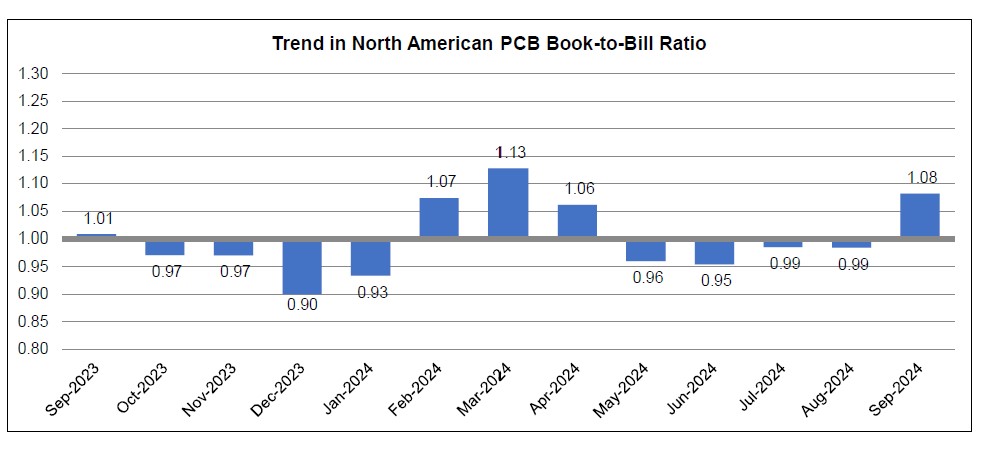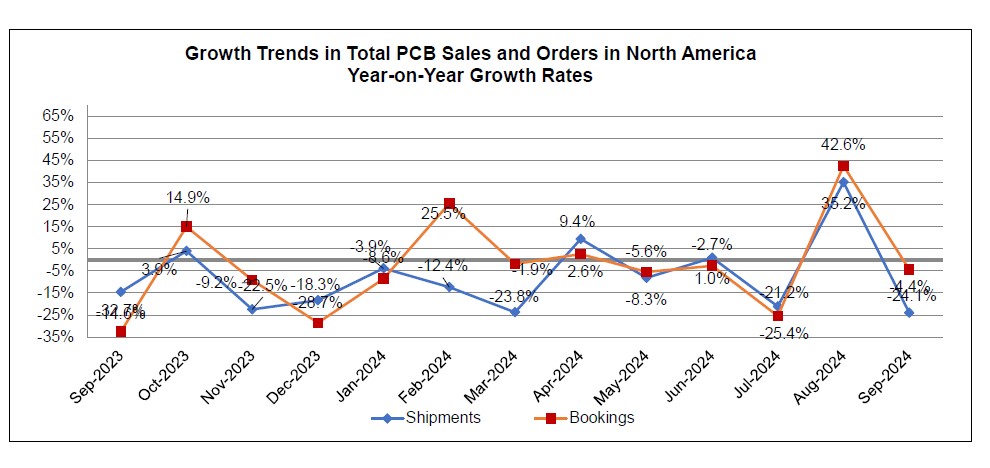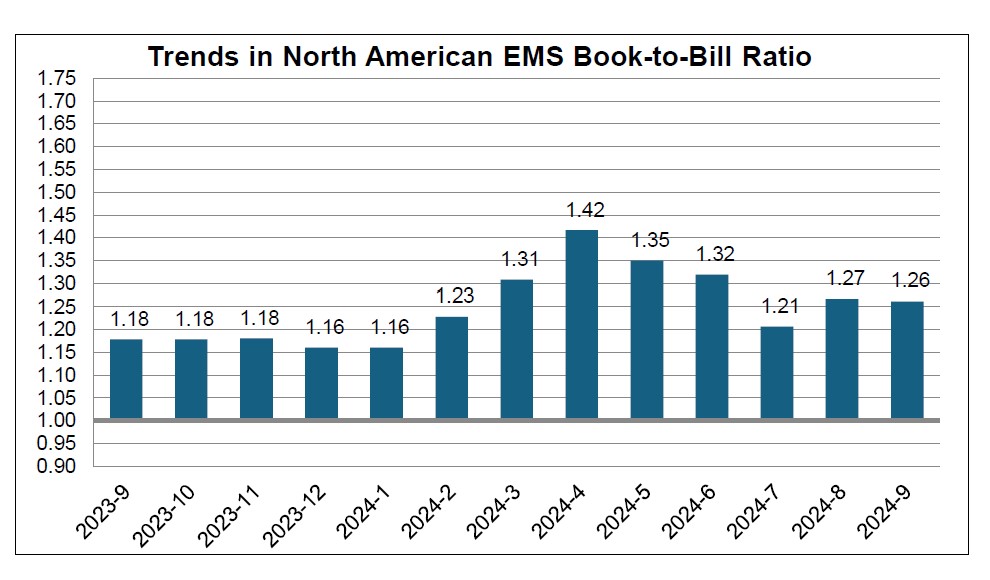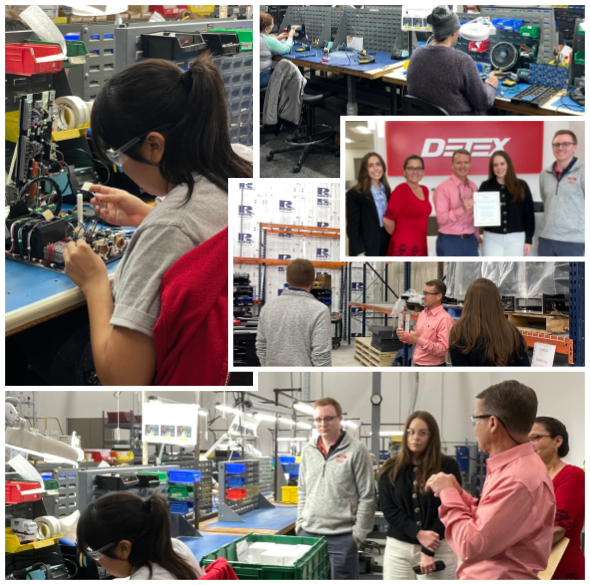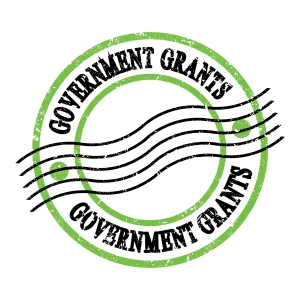By Diana Radovan, IPC sustainability policy director
IPC is closely monitoring the global sustainability policy landscape and setting policy priorities in close dialogue with the electronics industry. Last week, I attended and actively engaged in three days packed with presentations and panel discussions in Brussels. Sponsored by Chemical Watch news & events by Enhesa, the two consecutive events (two days focusing on key EU and one on global [non-EU] topics) were an opportunity for industry representatives and policymakers to get together and discuss existing and emerging chemical regulations, as well as practical aspects and challenges of their implementation, from different and at times conflicting perspectives.
Key European Regulatory Updates Europe needs a regulatory framework that allows multiple industries, including the electronics industry, to be and remain competitive, while also protecting human health and the environment. How to strike the right balance in the context of geopolitical and regulatory uncertainty was the focus of the Key Regulatory Updates Europe 2024 (and beyond) event. Among the hottest topics of the opening session, which included European Parliament and European Commission representatives, were the upcoming revision of the EC’s REACH regime and the need for a clearer definition of essential vs. non-essential uses of per- and polyfluoroalkyl substances (PFAS)substances.
Other topics included: UNEP‘s New Global Framework on Chemicals (CFG); one substance-one assessment (OSOA); the Essential Use Concept (EUC); substitution challenges and opportunities; the Ecodesign for Sustainable Products Regulation (ESPR), including the Ecodesign Forum; the Corporate Sustainability Reporting Directive (CSRD); the Packaging and Packaging Waste Regulation (PPWR); the proposed Green Claims Directive (GCD); the revision of the Classification, Labelling, and Packaging (CLP) Regulation; and the potential of AI for chemicals identification.
A number of key challenges remain: not all government representatives seem aware of the impact of regulations designed for the chemical industry per se on related industries that use chemicals; there is still a gray zone regarding essential vs. non-essential uses (in particular for PFAS substances); a disconnect between the timing and time needed for policies to evolve in relation to technology advancement; limited knowledge of policies across sectors, with the implication that policy makers may at times miss out on opportunities to better streamline and learn from successful policies and their implementation, e.g. success stories from the EU MDR [Medical Device Regulation]); some regulatory frameworks are currently still “empty” (e.g. ESPR), with delegated acts coming in later.
Global Regulatory Updates This session included regulatory updates from three main regions: Asia (China, Japan, South Korea, India, and Turkey), South/Latin America (Peru, Columbia, Chile, and Brazil), and North America (US and Canada). Many Asian and Latin American countries have EU REACH-like regulations in place that require the registration of new and hazardous chemicals, however, with more simplified data sets, i.e. a full technical dossier is not required. For the U.S., the focus was on TSCA requirements and the history of the PFAS reporting rule. For Canada, the Chemicals Management Cycle under the Canadian Environmental Protection Act was presented.
Overall, in particular in Europe, there is a need for policy simplification (e.g. REACH), cohesion (between different policies), and clarification, as well as for more regulatory predictability to foster innovation and investment. At the same time, EU REACH-like policies in other parts of the world are still maturing. To conclude, IPC believes that for a successful European green transition that also supports innovation, industry needs more predictability in the regulatory framework, as well as closer dialogue between the EC, Member States, and companies, including SMEs. IPC is continuing to support the electronics industry in dealing with the complex European and global sustainability policy landscape, and we welcome your questions and suggestions.
For more information on global sustainability policies, contact me at DianaRadovan@ipc.org.

Day 1 (left to right): Leigh Stringer, Managing Editor, Europe, Chemical Watch News & Insight, Enhesa Product Intelligence; Martin Hojsík, Vice-president, European Parliament; Dunja Drmač, Senior Chemicals Legislation Manager, Cefic; Paul Speight, Head of the Safe and Sustainable Chemicals Unit in DG Environment, European Commission

Day 2 (left to right): Marko Sušnik, Advisor to the Secretary General on Chemicals Policy, SMEunited, and Senior Advisor Chemical Policy, Austrian Federal Economic Chamber (WKÖ), SMEunited / WKÖ; Jake Grace, Head of High Throughput Experimentation, Clariant Innovation Centre; Niraj Deo, Founder and CEO, Viridium AI; Emil Damgaard-Møller, PFAS Consultant, Danish Technological Institute

Day 3 (left to right): Junho Lee, Director, CIRS Group Korea, South Korea; Sok-Han Ng, Expert Service & Solution (ESS) Manager, Japan, Enhesa Product Intelligence; Hui Wang-Hauenstein, Project Manager Chemicals & Product Safety, knoell Germany GmbH; Kimberley de Miguel, Managing Analyst EMEA
